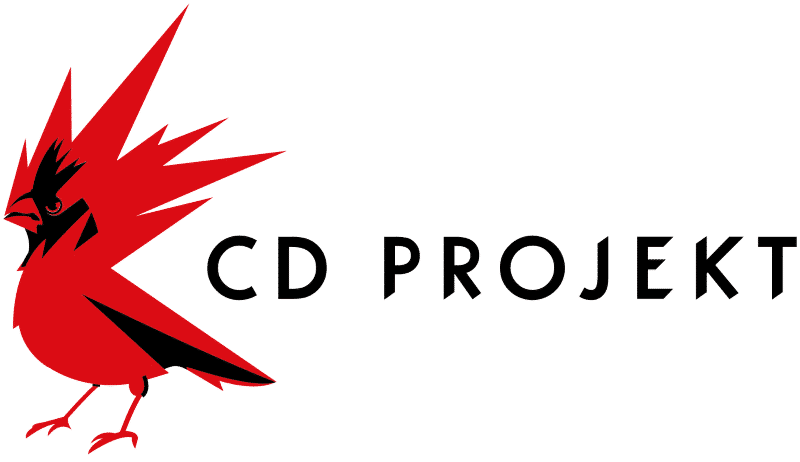CD Projekt RED Co-Founder Talks Fighting Piracy
Alexander Neil / 8 years ago

When it comes to fighting game piracy, most developers take a hard line by introducing more and more restrictive DRM with some even requiring a consistent internet connection to play. Not CD Projekt RED, who have a great reputation amongst the gaming community with their frequently free DLC and larger packs with as much content as many fully fledged games. Even GOG, a popular distribution platform owned by CD Projekt differs from rivals like Steam and Origin, each game able to be downloaded DRM-free and installed on as many PC as desired. Now some light has been shed on the reasoning behind these tactics in a recent interview with CD Projekt RED and GOG co-founder Marcin Iwiński.
Iwiński spoke during last month’s Infoshare 2016 about the impact of piracy on gaming development and how they personally tackle the problem. “We released [The Witcher 3] without any copy protection,” Iwiński said. “So, on day one, you could download the game from GOG, and give it to a friend (enemy as well)… and still, we sold near to ten-million units across all three platforms. But the piracy factor was irrelevant, because we cannot force people to buy things. We can only convince them to do it.
“We totally believe in the carrot, not in the stick… I’ve seen many times, comments [that say] ‘Hey, I couldn’t afford the game when it was full price, but these guys are so fair, and they were never against us. They were always trying to do good, add a lot of value, give free DLC, give free content, that I bought the game from them when it was mid-price.’
This isn’t to say that they approve of piracy and would always prefer it if they could convince people to buy their games if they can. For those who pirate, however, they believe that instead of restricting or pursuing legal action against them they would rather get people on their side. This has led to an interesting phenomenon where people looking for pirated torrents and downloads have been chastised on forums for doing so and telling them to go buy it, especially as the game’s price decreases over time. Whether or not the potential pirate buys the game isn’t a sure thing after this, but it definitely cultures a far more positive attitude in the community instead of the frequent endorsement of piracy against some firms known for overpricing and limiting their games.
The full interview can be found here from 14:30:



















